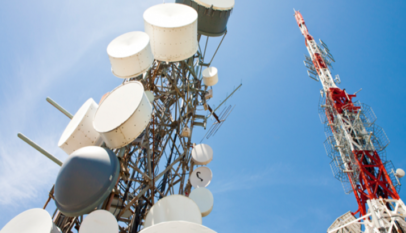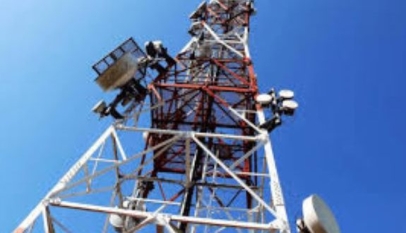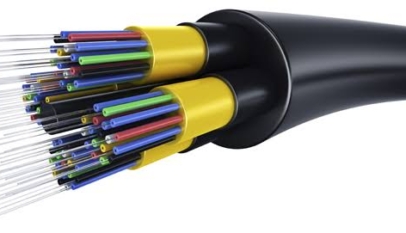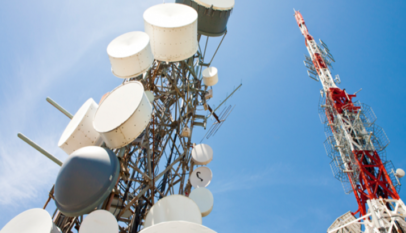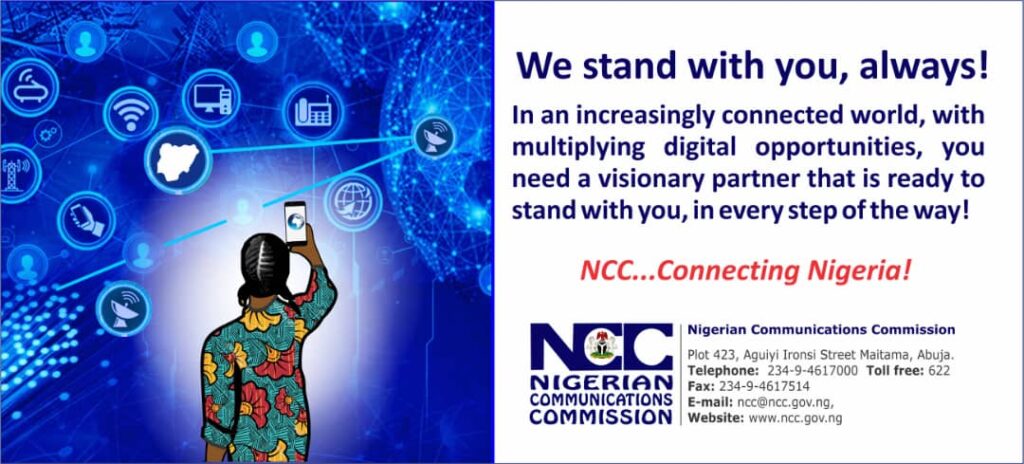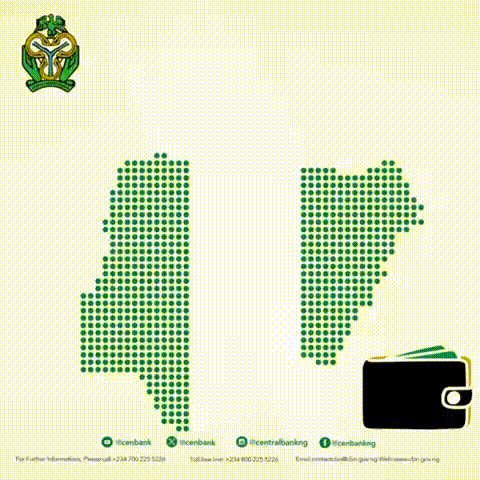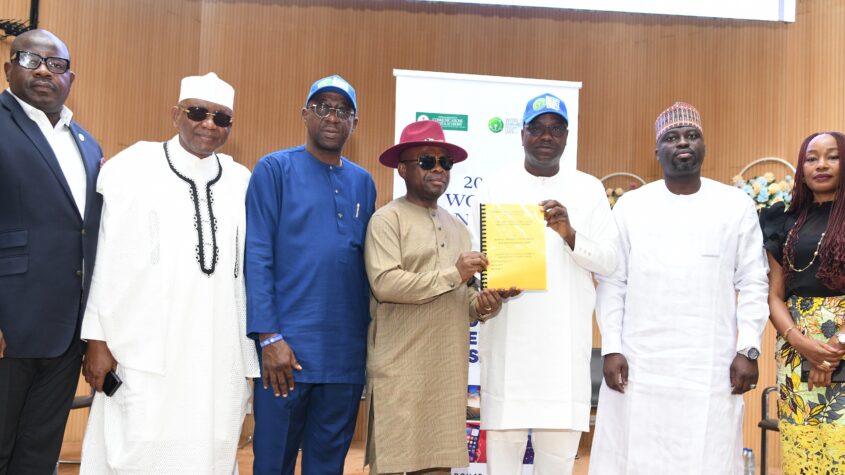
WCRD: NCC explains why mobile network operators should adopt renewable energy transitioning
Concisedaily News- The Nigeria Communication Commission (NCC), has called on Mobile Network Operators(MNO), Original Equipment Manufactures, to come up with renewable smart energy solution for telecom sites; says transitioning could reduce operational cost by 20%.
The Telecommunication Regulatory Authority, disclosed that 54,000 Base Transmission Stations(BTSs) across the country depend on diesel generator with attendant noise and environmental pollution; making consumer bear the burden of high cost of operations.
NCC, Executive Vice Chairman, Prof Umar Danbatta said at the 2023 World Consumer Rights Day, marked by the commission in Abuja, with the theme: ‘Empowering Consumers through Clean Energy Transition’ that transitioning to renewable energy could potentially reduce the operating costs of telcos by up to 20%.
Prof Danbatta, represented by NCC, Executive Commissioner, Stakeholder Management, Adeleke Adewolu, said the theme was very relevant given Nigeria’s recent licensing of the 5G spectrum networks, which consume twice as much energy as 4Gs, although they are more energy-efficient per gigabyte.
He said, increased demand for energy consumption with the recent licensing of the Fifth Generation (5G) spectrum, Nigeria will witness an increased deployment of telecom infrastructure to satisfy the wireless service coverage requirement for 5G services.
He said, “This anticipated growth in the number of 5G coverage will trigger high demand for data services which will result in increased energy consumption for the network infrastructure especially the Base Transceiver Stations (BTS), Internet of Things (IoT), 5G Customer Premise Equipment (CPEs) and mobile devices for example.
“This requires the industry to look for green and sustainable power solutions required for the connectivity of IoT devices and network optimisation. All over the globe, telecom companies are among the biggest energy users, as a result of the stiff industry competition which causes them to try to satisfy their consumers by providing higher-speed networks.”
He however, explained that with the rising utility costs, it was critical for companies to reconsider the sustainability of their operations by lowering the operational impact on the environment.
“This is more so because it has been found that implementing energy efficiency measures could potentially reduce the operating costs of telcos by up to 20%.Some of these energy-efficiency measures include the redesign of the Radio Access Networks (RAN) of Base Stations which were initially built to maximise connectivity, not energy efficiency,” he said.
“The Commission, as a responsive world-class organization, has been proactive in responding to the realities and challenges posed by the impact of using fossil fuel as a power source in the telecommunications industry. In this regard, the situation in Nigeria is peculiar.
“Owing to the overall energy challenges of the nation, the fifty-four (54) thousand BTS scattered across the country depend on diesel generators with the attendant noise and environmental pollution. Some of these BTS operate on diesel generators for 24 hours across seven days of the week in some locations.
“Therefore, transitioning to a renewable energy source like solar power will significantly reduce the menace of pollution from individually-powered generators. This will be zero carbon emission from the BTS just as noise pollution would be a thing of the past. MNOs and the need for energy-efficient networks consequently, to minimize the environmental impacts of climate change caused by carbon emissions, telecom network providers need to come up with a modern and more energy-efficient network.
“This includes the use of Solar-powered Cells, wireless electricity or a hybrid system to replace higher energy-consuming equipment that will lead to a reduction in capital expenditure (CAPEX) and operational expenditure (OPEX) and by implication, a reduction in service costs to consumers.”
He said, the Transitioning to renewable energy is predicted to result in a lower cost of operation as operators will be able to save on the cost of diesel, which accounts for a large chunk of the costs incurred by these licensees.
“The competition that the Commission consistently promotes among industry players has a natural consequence of the savings on the cost of diesel passed on to consumers, which would potentially result in lower prices for services,” he said.
“Therefore, I want to use this opportunity to call on MNOs and Original Equipment Manufacturers (OEMs) to come up with innovations in sustainable energy in line with the International Telecommunications Union (ITU) Recommendation ITU-T L.1380 on smart energy solutions for telecom sites’ performance, safety, energy efficiency and environmental impact.
“For consumers to benefit from the advantages of renewable energy, the Commission said is working on a policy to encourage the adoption of renewable energy sources by operators. “When operational, the Policy will ensure that using clean energy sources for power has the potential to resolve the three key needs of the telecom industry, namely: reduction in diesel usage; expansion of telecom infrastructure to off-grid areas; and reduction in carbon emissions.”
Meanwhile, as part of activities marking 2023 World Consumer Rights Day, the Commission launch its Telecom Consumer Assistance, Resolution and Enquiries (TELCARE) Desk, in the Arrival Lounge of the Nnamdi Azikiwe Airport Abuja.
According to the commission, the TELCARE Desk in Abuja will be a pilot as it plan to set up the desk at strategic locations across the country to provide information to telecom consumers.
The TELCARE Desk serves as an additional platform to receive and facilitate the resolution of consumer complaints; provide a means through which consumers and citizens can make inquiries on consumer issues; provide a platform for advocacy on any thematic consumer issue or concerns; to further enhance awareness of the Commission’s activities.
Share


